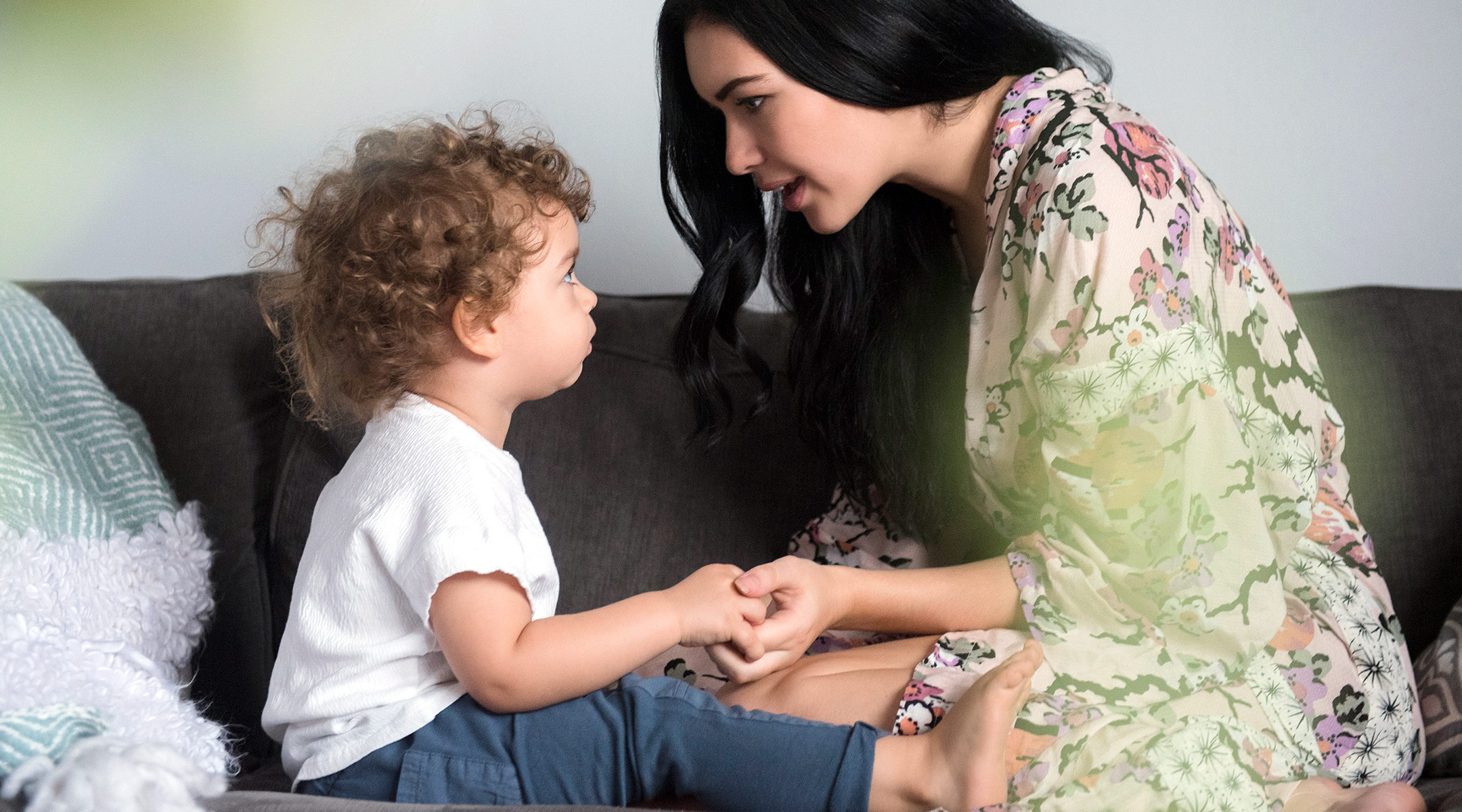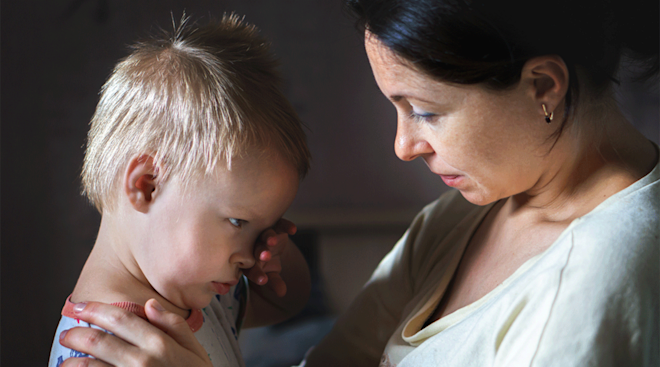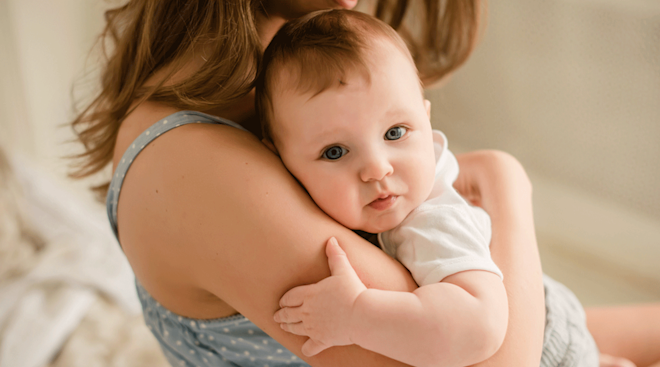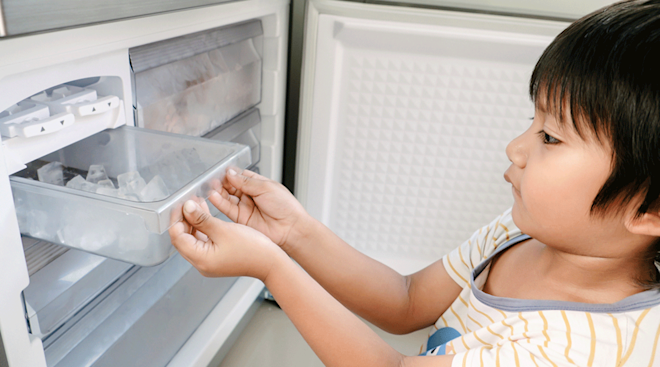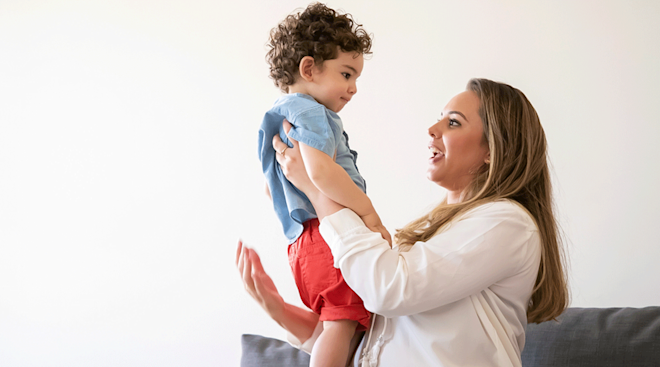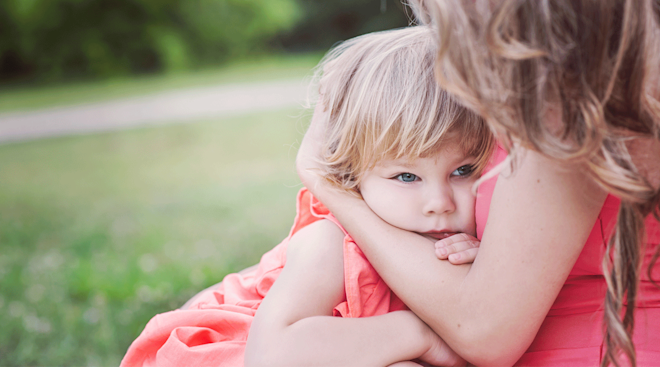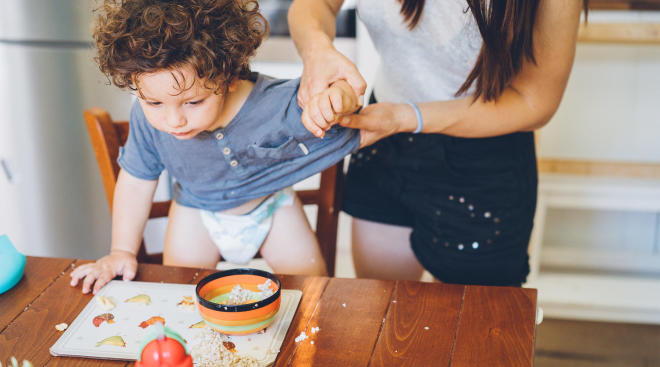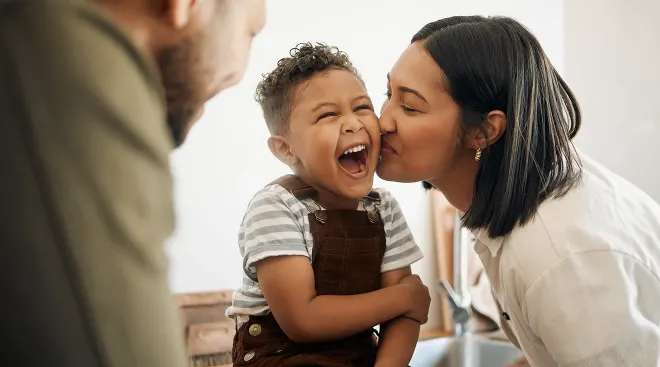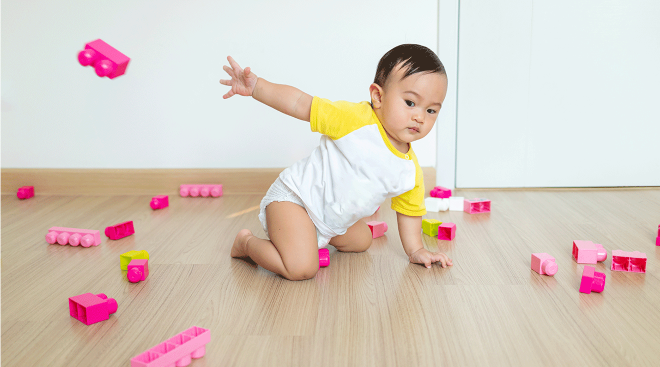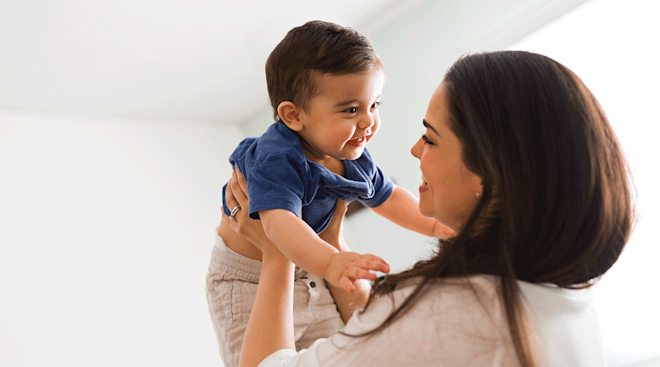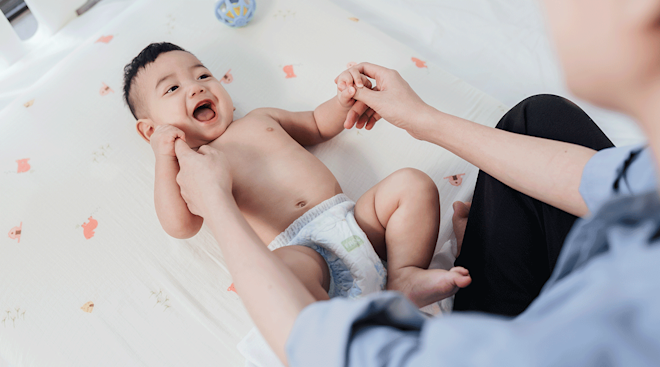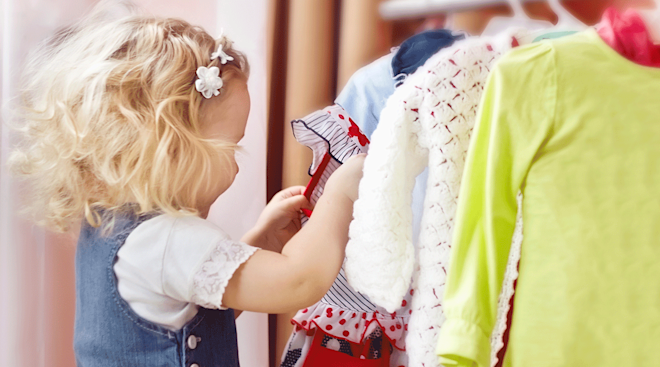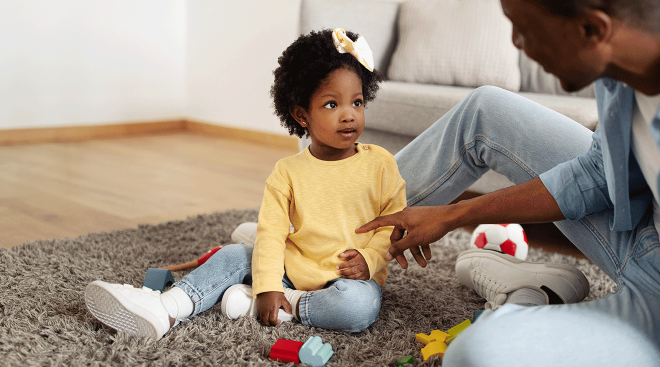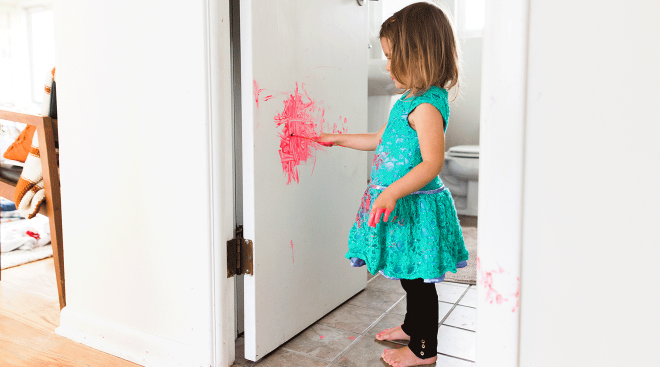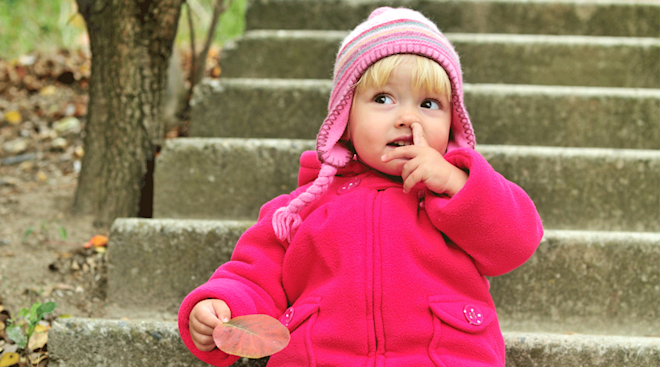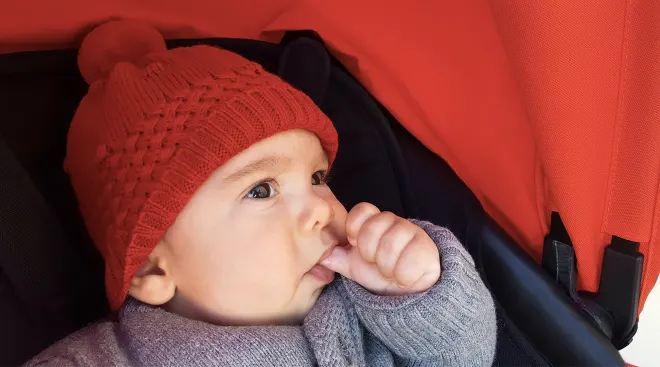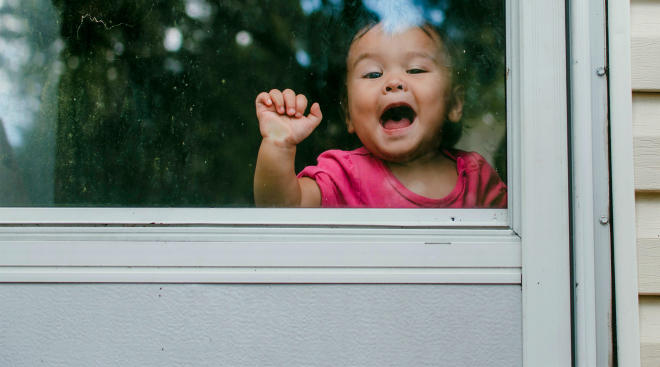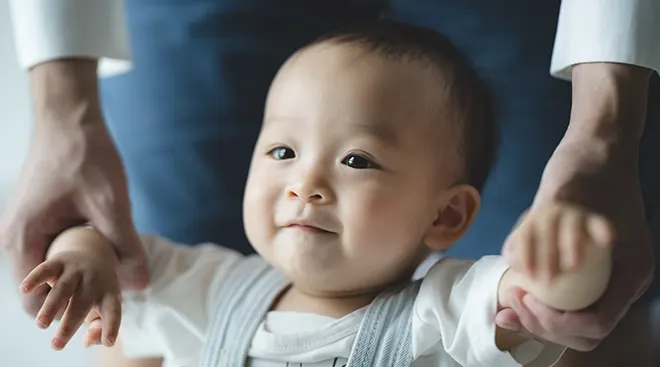Telling Kids White Lies Can Create Problems in Adulthood, Study Says
In some sense, to parent is to lie. “I promise, this shot won’t hurt at all.” “Eating spinach gives you superpowers.” “No, Santa is real.” And who can blame you? Raising kids is hard, and sometimes you have to do what you have to do to make life a little easier.
Except now moms and dads might want to re-think that approach. According to a new study led by researchers at Nanyang Technological University Singapore, children who are told lies by their parents go on to have more trouble adjusting to adulthood, and are not only more likely to lie to their parents once they’re adults themselves but are also more likely to engage in negative behavior.
The research, which was done in collaboration with Canada’s University of Toronto, the University of California San Diego and China’s Zhejiang Normal University, involved asking 379 young Singaporean adults whether their parents lied to them when they were children, how much they lie to their parents now and how well they adjust to adulthood challenges. In the end, researchers determined that the participants who confirmed their parents lied to them more as children were also more likely to say they lied to their parents once they became adults.
“Parenting by lying can seem to save time, especially when the real reasons behind why parents want children to do something is complicated to explain,” said the study’s lead author Setoh Peipei, an assistant professor at NTU Singapore’s School of Social Sciences. “When parents tell children that ‘honesty is the best policy’ but display dishonesty by lying, such behavior can send conflicting messages to their children. Parents’ dishonesty may eventually erode trust and promote dishonesty in children."
In addition to making the children more likely to lie themselves, researchers also determined that participants who were lied to as children often have difficulty adjusting to psychological and social challenges, which could result in disruptive tendencies, conduct problems, feelings of guilt and shame and even selfish and manipulative behavior.
“Our research suggests that parenting by lying is a practice that has negative consequences for children when they grow up,” Peipei said. “Parents should be aware of these potential downstream implications and consider alternatives to lying, such as acknowledging children’s feelings, giving information so children know what to expect, offering choices and problem-solving together, to elicit good behavior from children.”
However, before you panic over whether you’re doing your kid long-term damage by pretending your Elf on the Shelf really is causing mischief while the family sleeps, there does seem to be one distinction: The lies researchers focused on for this study often have negative associations. Participants were specifically asked to recall lies related to eating, leaving and/or staying, misbehavior and spending money. Examples like “If you don’t come with me now, I will leave you here by yourself” and "I didn’t bring money with me today, we can come back another day” were offered. So while the study proves that when kids are told fake news for the express purpose of getting them to behave a certain way can backfire, it still leaves open the possibility that telling your kids positive white lies from time to time might be okay, depending on your motivation.
Hey, at least they’ll have something to talk about in therapy one day.
Please note: The Bump and the materials and information it contains are not intended to, and do not constitute, medical or other health advice or diagnosis and should not be used as such. You should always consult with a qualified physician or health professional about your specific circumstances.
Navigate forward to interact with the calendar and select a date. Press the question mark key to get the keyboard shortcuts for changing dates.
































